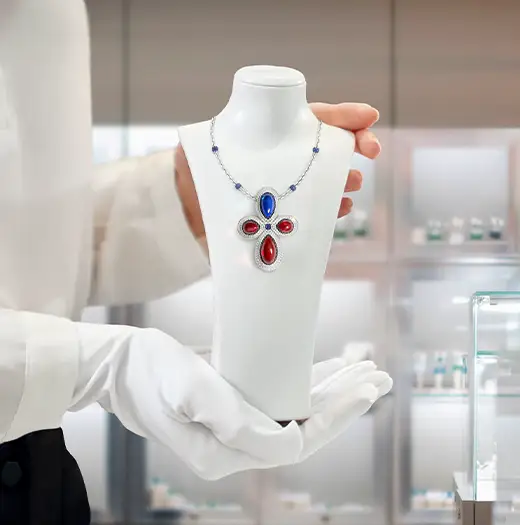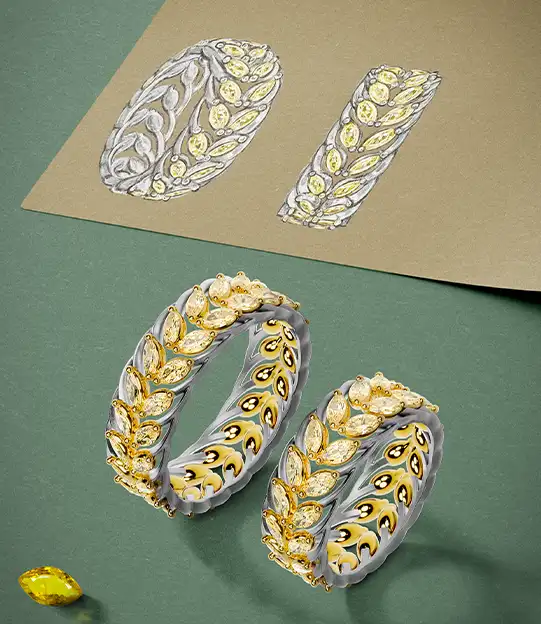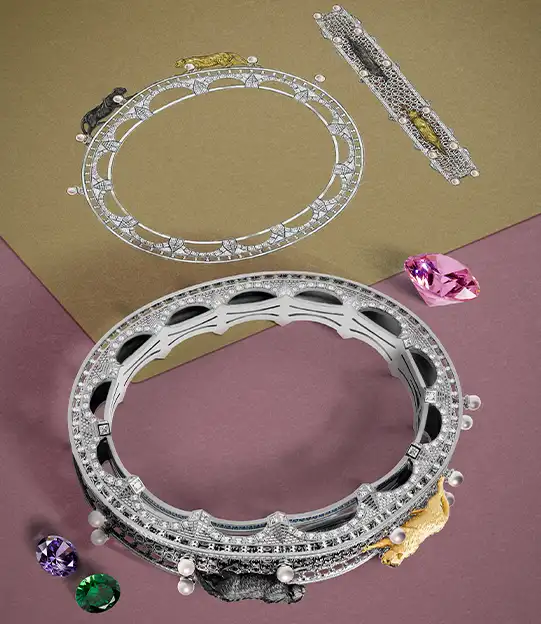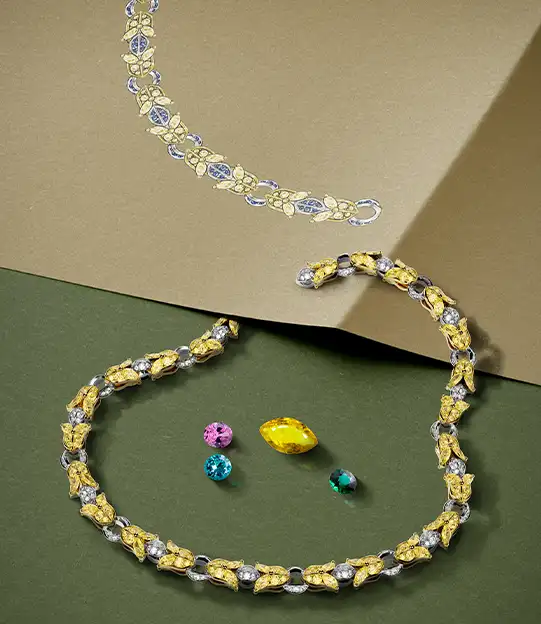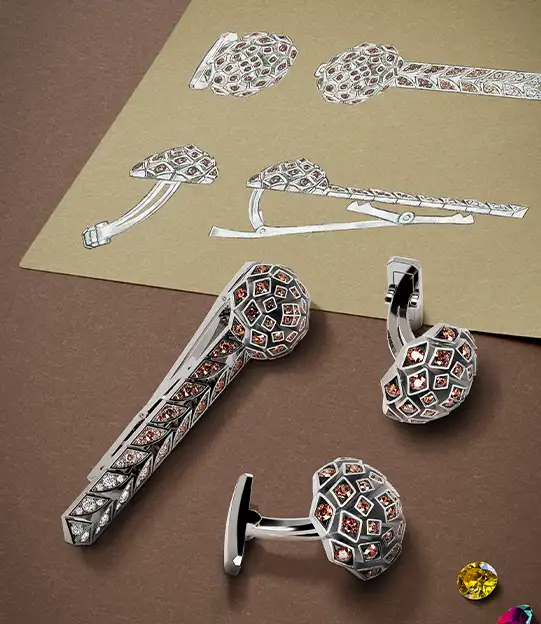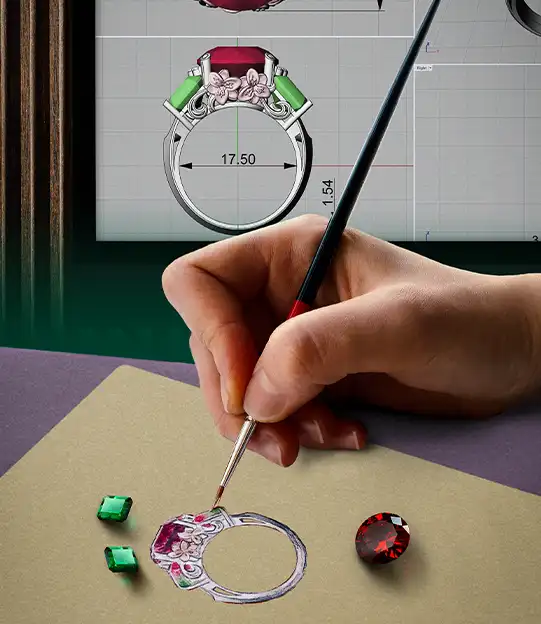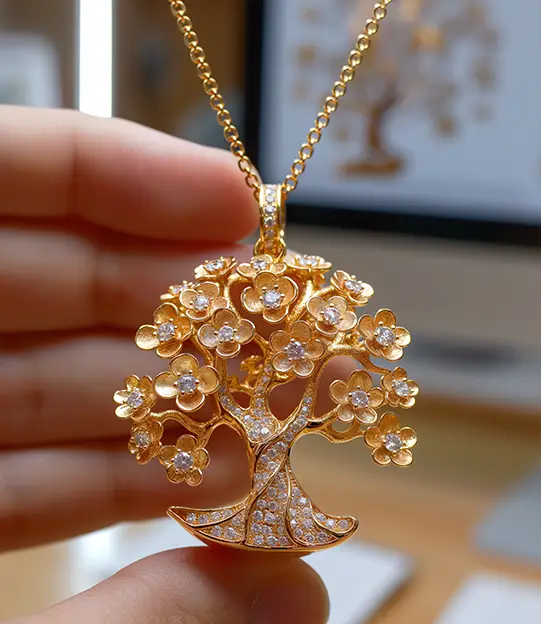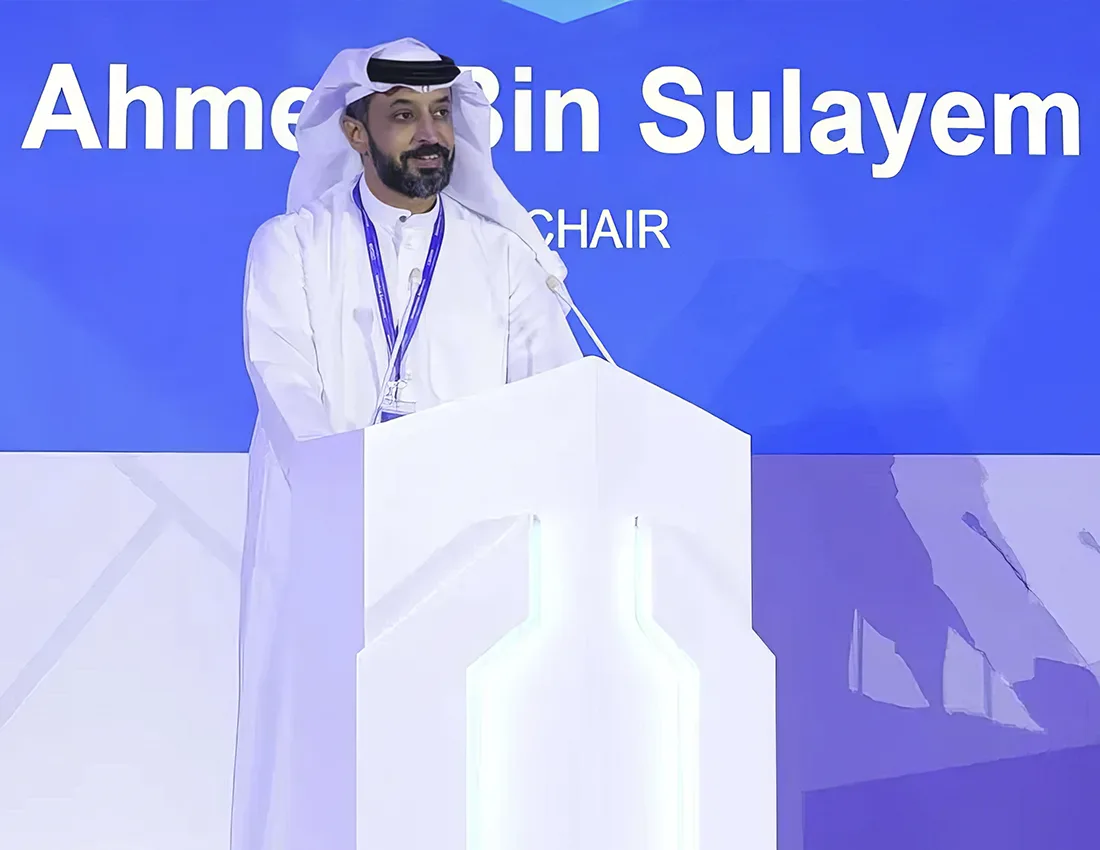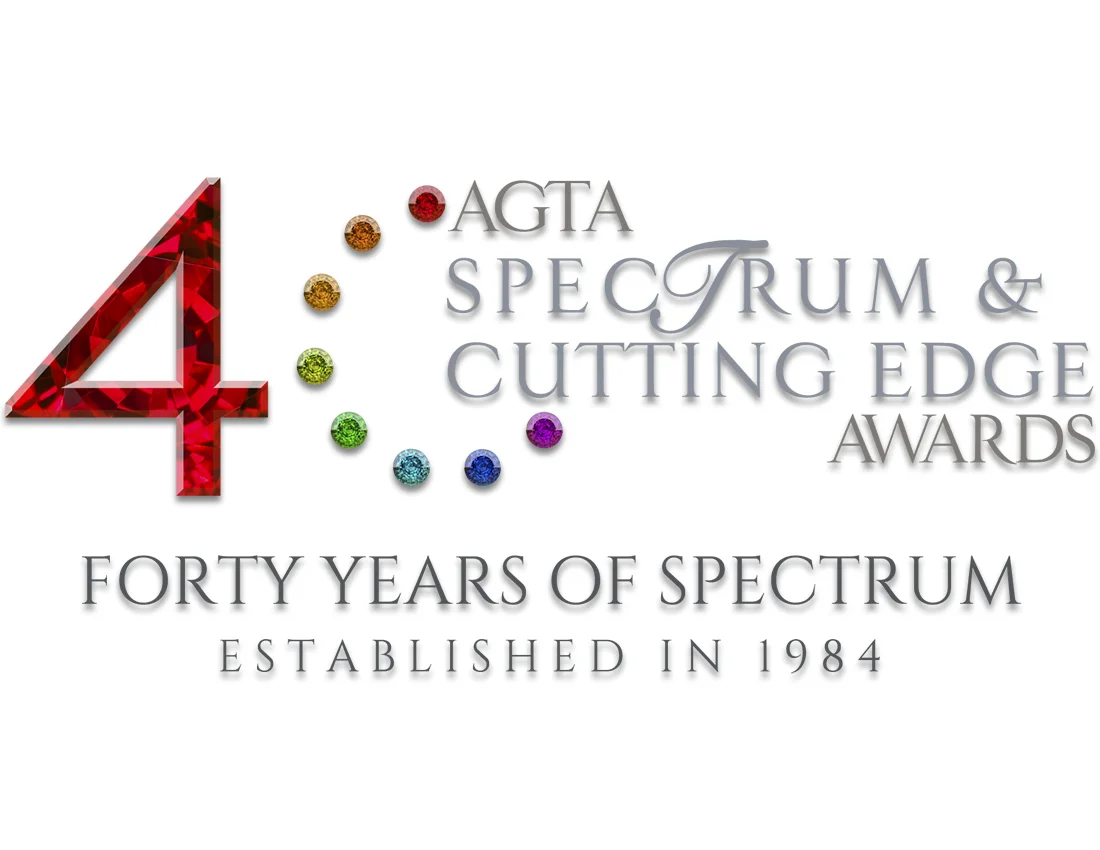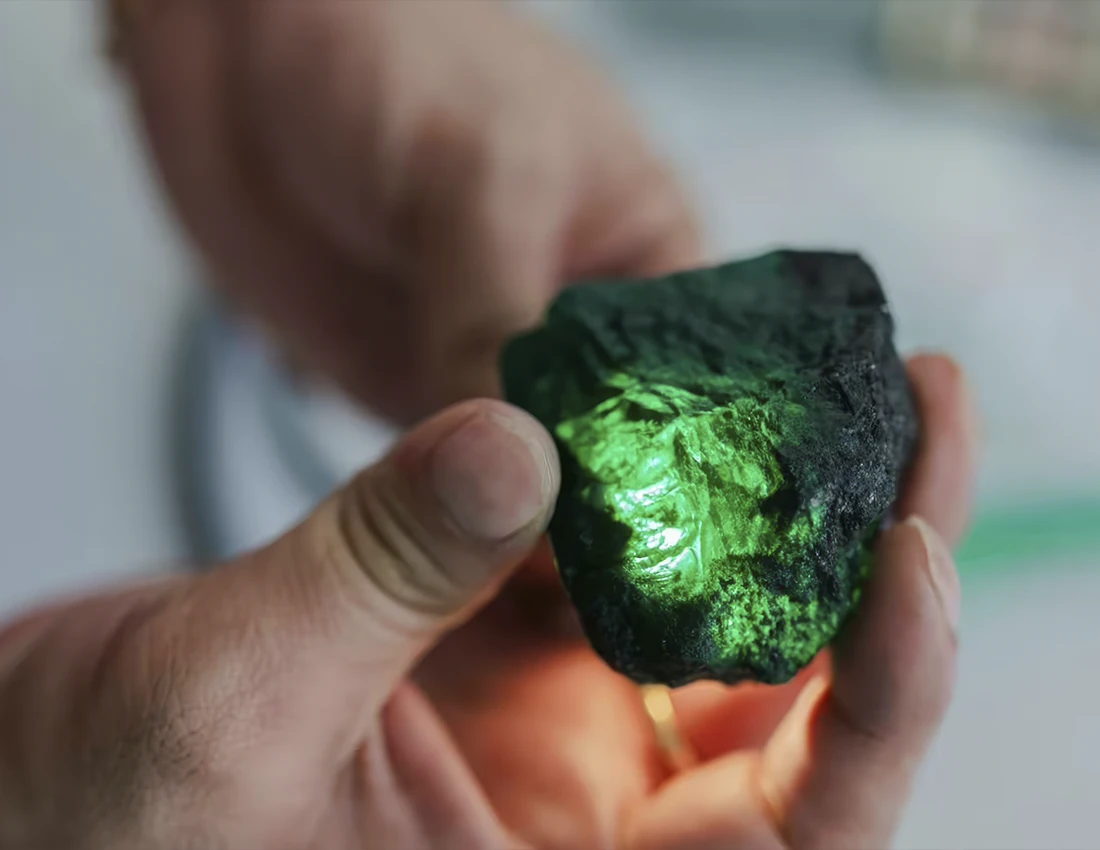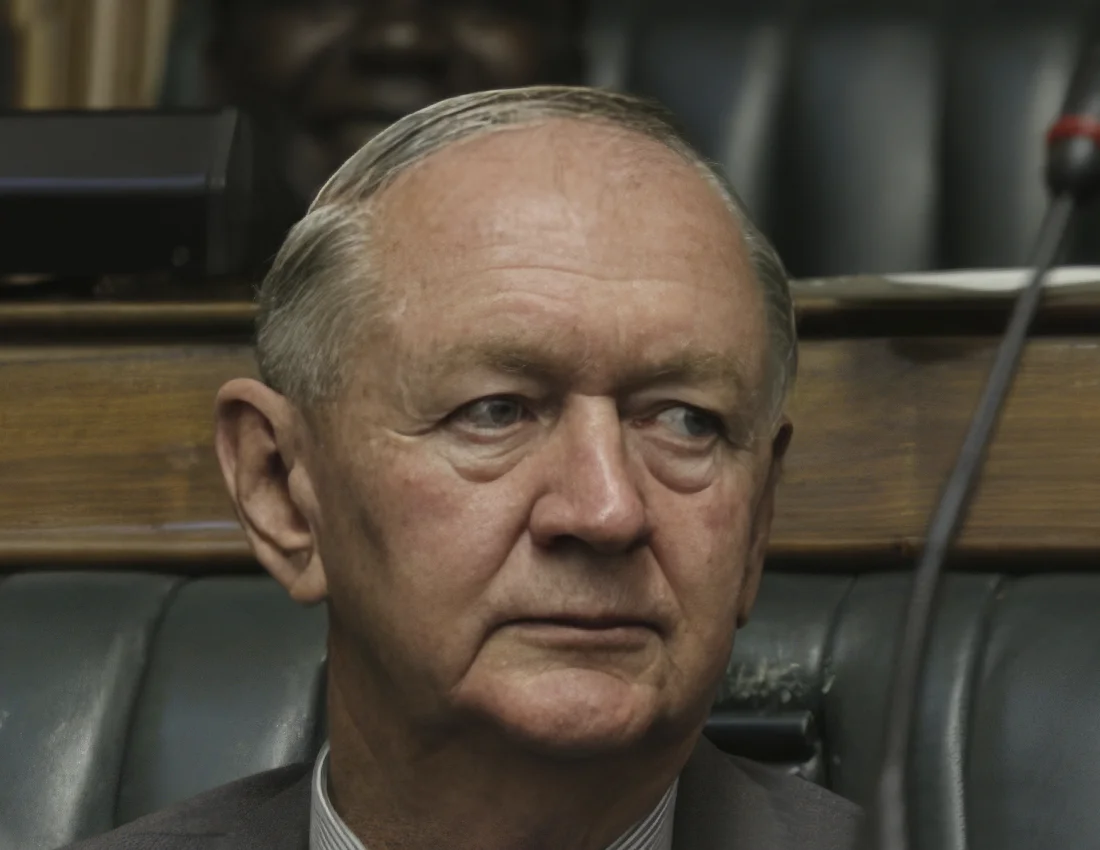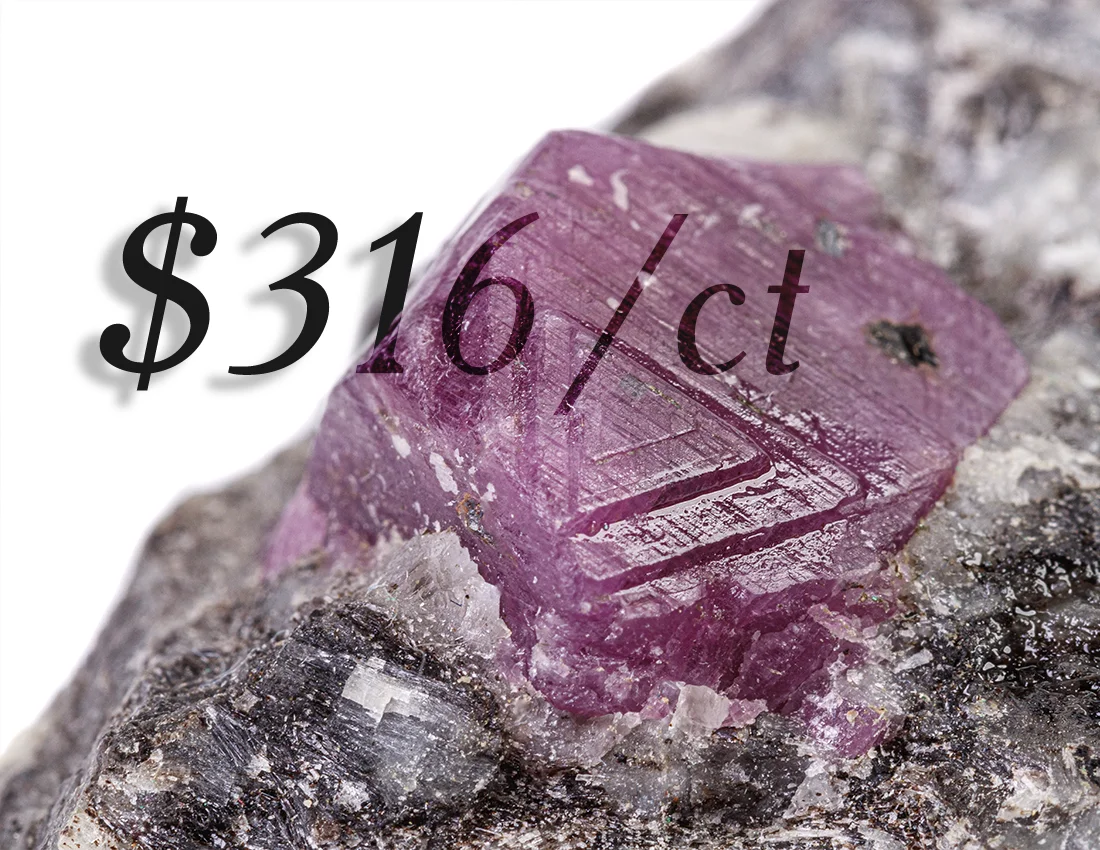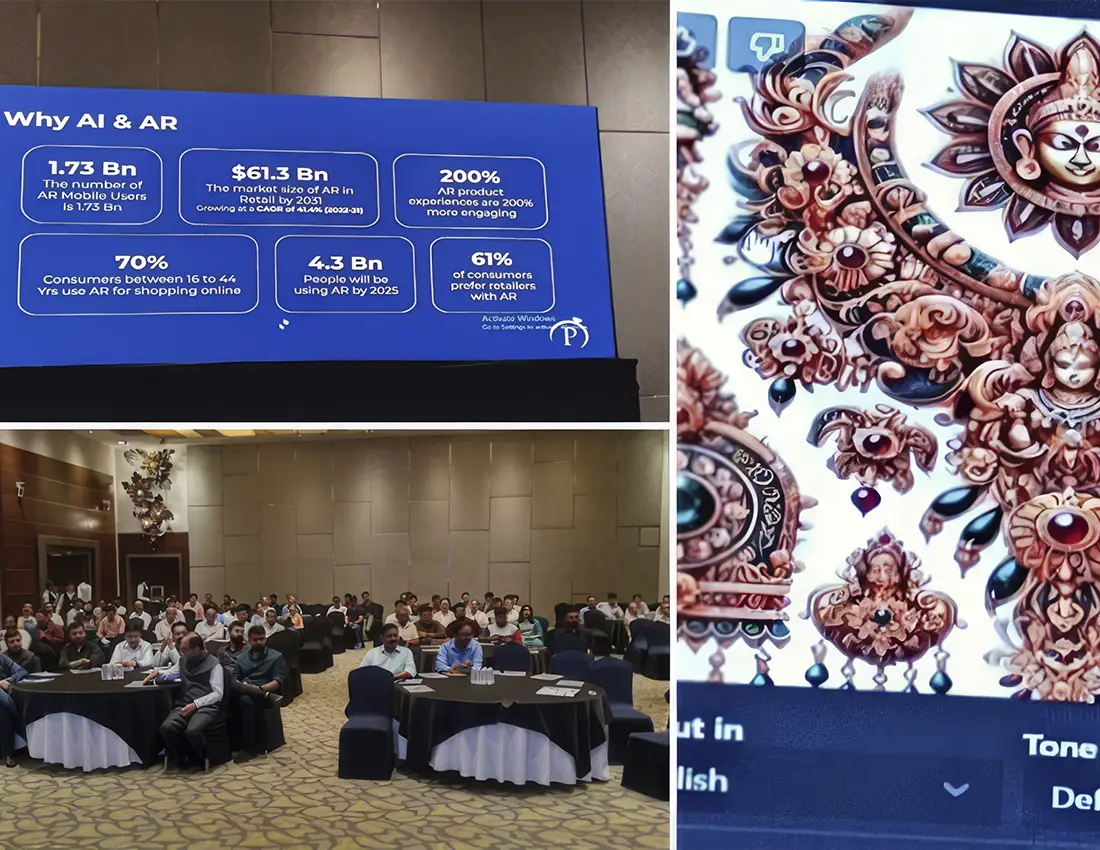On May 17, 2024, the UAE wrapped up the Kimberley Process Plenary which will have a significant influence on the global diamond market. The plenary was mandated by the United Nations and focused on diamond trade issues in some African countries.
The meeting was held at the main office of Dubai Multi Commodities Centre in Uptown Tower. Hundreds of jewelry industry specialists, stakeholders, and international government representatives attended the event. It was the second time that the KP Intersessional Plenary was conducted in the UAE under the leadership of DMCC’s Executive Chairman Ahmed Bin Sulayem.
The session brought fruitful results, both in terms of adopting new policies and promoting the most innovative practices. Notably, crucial progress was made in reinstating the Central African Republic as one of the KP participants. Because of the hostilities in the region, this country was banned from raw diamond dealings. Fortunately, in view of improved security conditions, a decision has been made to undertake a review mission aimed at evaluating the situation in September 2024.
Jaff Bamenjo from the Civil Society Coalition noted tentative yet very significant progressive trends revolving around the Central African Republic. Even though the country has been under major restrictions since 2013, the government has taken a step forward in its negotiations with the Monitoring Team.
Ahmed Bin Sulayem has also voiced his optimism about the collaborative efforts of the KP participants. According to the Chairman, the UAE has made great progress in navigating the political landscape in a way that leads to actionable solutions. For example, the Plenary had finished its review & reform cycle and was able to establish a Secretariat in Botswana, one of the key players in the diamond industry.
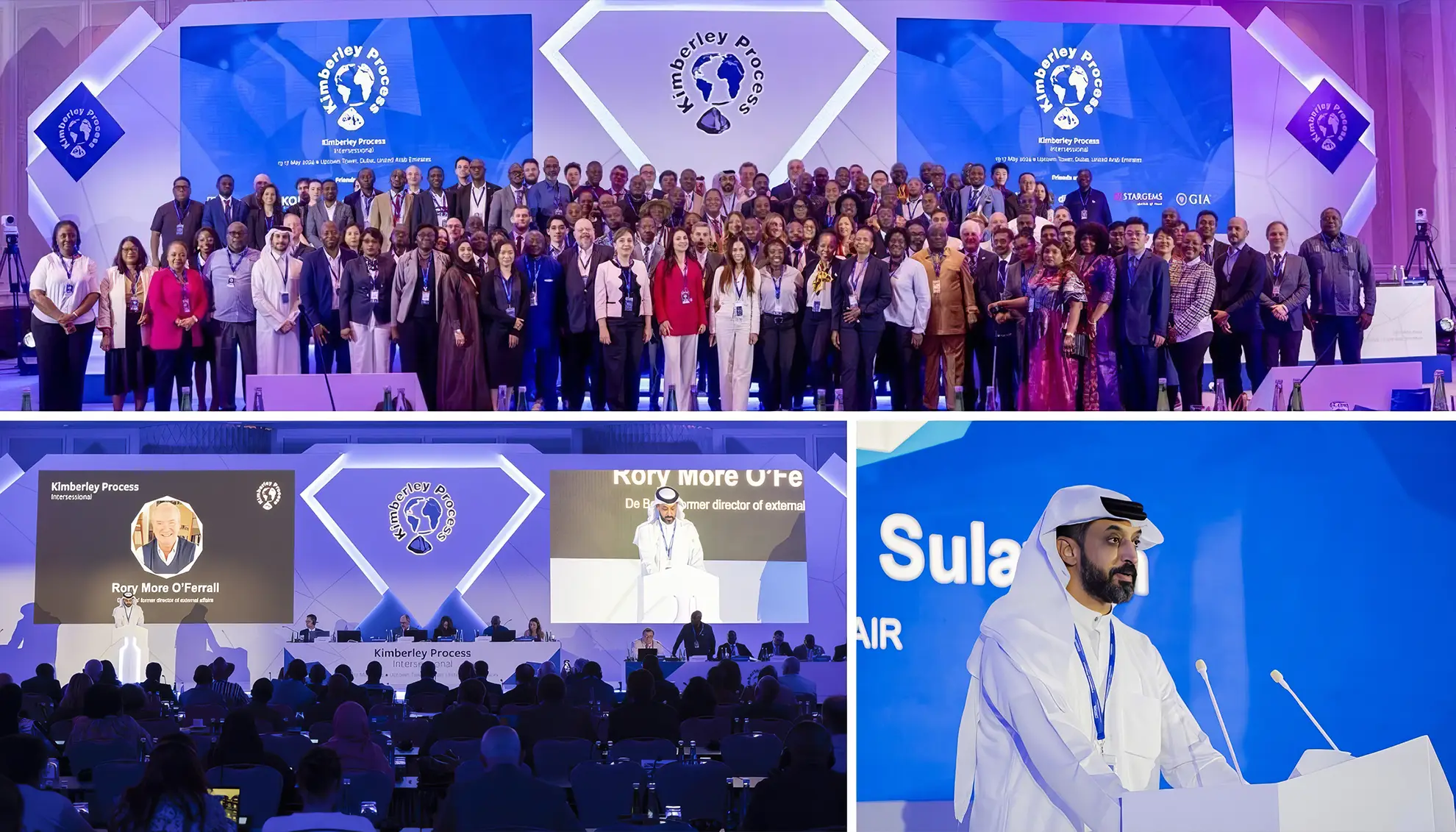
The President of the World Diamond Council, Feriel Zerouki, highlighted the crucial role the diamond industry plays in developing infrastructure in certain regions. In countries like Botswana, diamonds are a source of funding that ensures the provision of affordable quality medical care and education. Overall, the diamond industry is said to be the primary source of support for over ten million people worldwide.
The issue of reliably establishing the origin of rough diamonds and implementing progressive technology became an additional subject for debate during one of the sideline events. Solving those issues will also be instrumental in improving the overall diamond market conditions.




